Most cars have a “check engine” light to warn when something is wrong with the engine. Sometimes it’s a simple problem, like a loose gas cap, but other times it indicates a more serious issue. The check engine light is an important part of your car’s onboard diagnostic system.
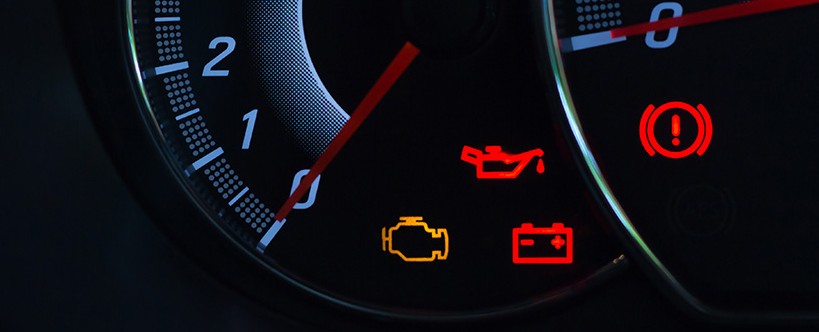
It’s designed to alert you when something is wrong with your vehicle. However, sometimes the light can come on for no apparent reason and then turn itself off again. This can be confusing and even alarming for some drivers.
Table of Contents
Can Check Engine Light Turn Itself Off?
A check engine light (CEL) is a warning indicator on your car’s dashboard that alerts you to a problem with the vehicle’s emission control system. The light will come on when the car’s computer detects an issue, and it will stay on until the problem is fixed. In some cases, the light may turn itself off if the condition that caused it is resolved.
For example, if you forget to tighten your gas cap, the light will come on and then go off after you tighten the cap. However, if the light comes on and stays on, it means there is a more serious problem that needs to be addressed. If you see a CEL, it’s important to take your car to a mechanic as soon as possible to have it checked out. Ignoring a CEL could lead to further damage and costly repairs.
How long does it take for the check engine light to go off?
The check engine light is one of the most important indicators in your car. It can come on for various reasons, from a loose gas cap to a serious engine problem. But how long does it take for the check engine light to go off? The answer depends on the cause of the problem.
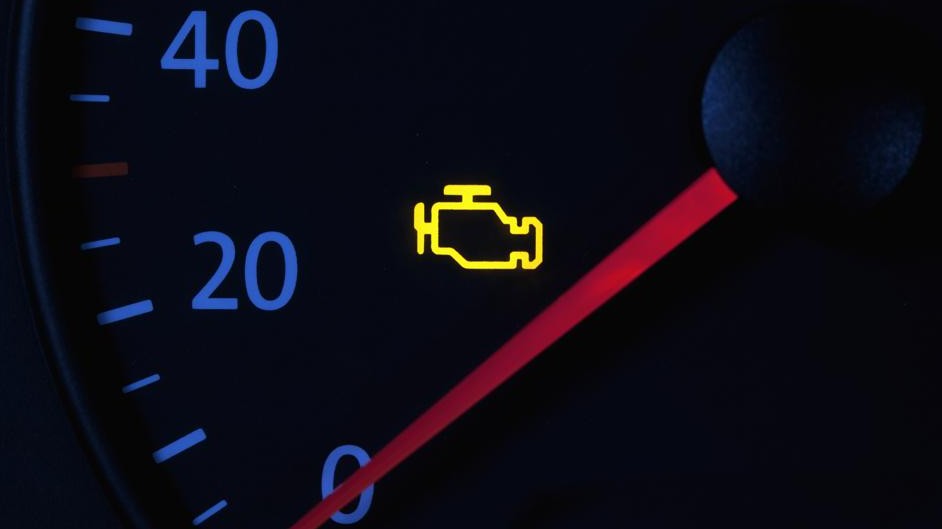
Usually, it will go off after 10-20 successful cycles, but it may come on again if the problem is not fixed. If the light remains on, you should take your car to a mechanic to have it checked out. Ignoring the light could lead to more serious problems down the road.
What is the most common reason for a check engine light?
One of the most important things to do when you see a check engine light is not panic. It could be something as small as a loose gas cap or indicate a more serious problem. The most common reasons for a check engine light are:
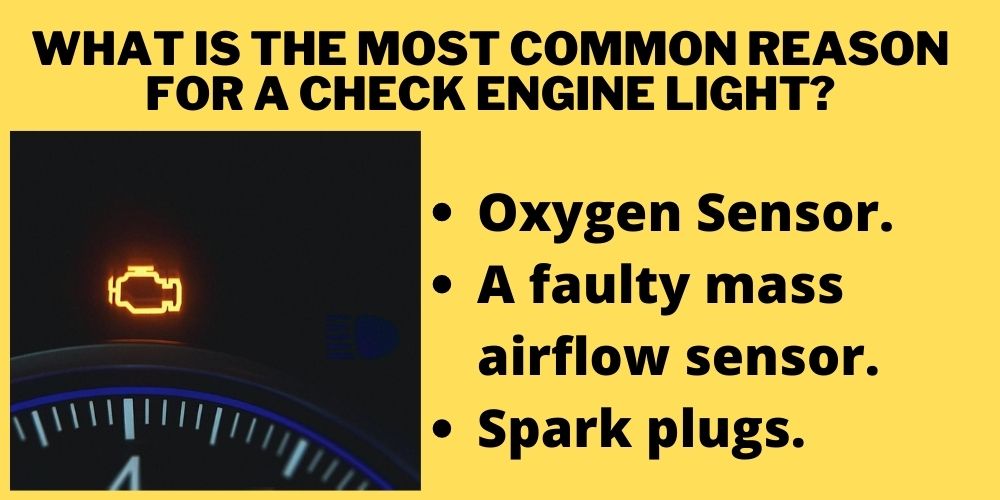
🚗 Oxygen Sensor
The oxygen sensor monitors the amount of oxygen in the exhaust. This essential component determines how much-unburned oxygen is in your automobile exhaust and whether there’s enough or too much, which can harm other engine components. A malfunctioning sensor might cause the check engine light to come on while driving.
🚗 A faulty mass airflow sensor
The mass airflow sensor measures the amount of air flowing into the engine. This information is used to determine the fuel-to-air ratio. A dirty or faulty sensor can cause the check engine light.
🚗 Spark plugs
Spark plugs are responsible for igniting the air/fuel mixture in the cylinders. Over time, they can become fouled or damaged, which can cause the engine to misfire. This can trigger the check engine light to come on.
How urgent is the check engine light?
Check engine lights usually aren’t an urgent concern, but it’s important to note them. If the light is on, your car’s computer has detected an issue with the vehicle’s emission control system. The problem could be something as simple as a loose gas cap, or something more serious like a faulty oxygen sensor.
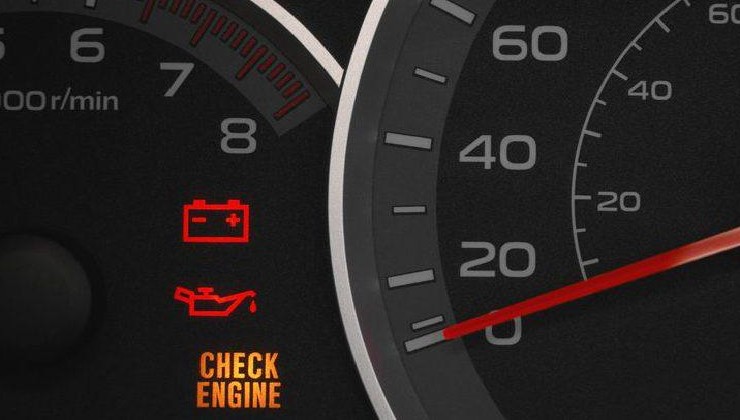
If you see the check engine light come on, get your car checked out as soon as possible. Ignoring the problem could lead to further damage down the line, so it’s always better to err on the side of caution.
Can I still drive with the engine light on?
It’s important to pay attention to your car’s engine light. It lets you know when something is wrong with the engine. However, it’s okay to drive for a few miles with the engine light on. Only when the light is accompanied by other warning signs, such as smoke from the engine, you should pull over and call for assistance.
How many miles can you drive with the check engine light on?
If the engine light on your car is illuminated, the vehicle’s onboard computer has detected an issue. This may be a minor problem that can be easily resolved in some cases.
However, in other cases, it may indicate a more serious issue that needs to be addressed by a mechanic. In general, it’s safe to drive for 30 to 100 miles with the engine light on, but this will vary depending on the nature of the problem.
Why is my engine light on, but nothing seems wrong?
It can be a warning sign for many potential problems, from something as simple as a loose gas cap to something more serious like engine misfires. If you notice that your engine light is on, but nothing seems wrong, there are a few possible explanations.
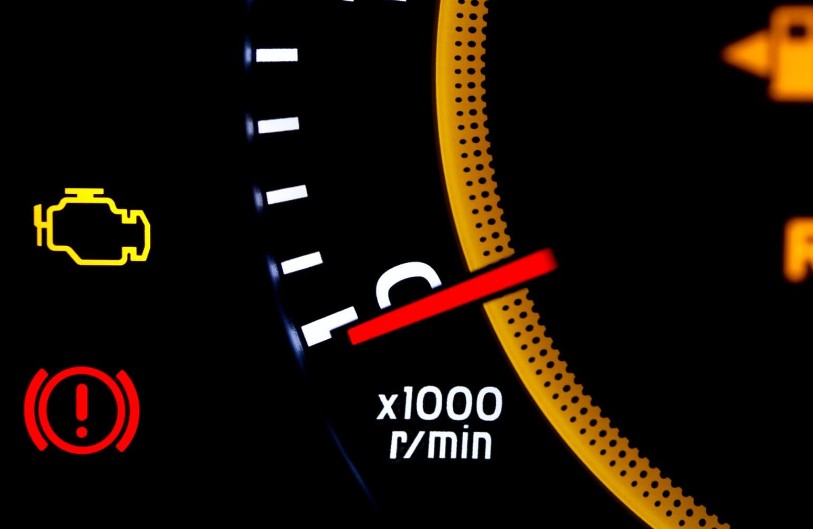
Sometimes the light may come on after fueling if the gas cap is loose. If the light is accompanied by other symptoms like engine roughness or decreased power, it’s best to have the car checked out by a mechanic as soon as possible.
What does a yellow check engine light mean?
The check engine light signals from the car’s “engine computer” that something is wrong. Usually, it means that the sensors that monitor the engine’s performance detect a problem. If the light is yellow, the problem is not urgent and can wait to be fixed. It is a good car for a mechanic to have diagnosed. The mechanic will hook up a special computer to the car’s engine and run a diagnostic test.
How long does it take for the check engine light to go off after replacing the gas cap?
The “check engine” light is usually triggered when the gas cap is loose after refueling. The light will go off within 10 or 15 miles of driving if the gas cap is tightened properly. If the light does not go off, there may be another problem with the vehicle’s emission control system, and the car should be taken to a mechanic for diagnosis.
How long will the check engine light stay off after disconnecting the battery?
In the latter case, the light will usually go off after 40 to 90 miles of driving. This is because the car’s onboard computer needs to reset itself after the gas cap has been replaced. So if you’ve recently replaced your gas cap and the check engine light is still on.
Is the engine light always serious?
While it is often tempting to ignore the problem and hope that it will go away, it is important to remember that the engine light is usually an indication of a serious issue. To avoid expensive repairs, it is best to take the car to a mechanic as soon as possible.
Conclusion
If you are concerned about can check engine light turn itself off? Well, The check engine light will likely turn off after a short time, but it’s important to have the issue checked out by a mechanic. If there is an underlying problem with your car, ignoring the check engine light could further damage and increased repair costs. Have you ever had experience with your check engine light coming on?
